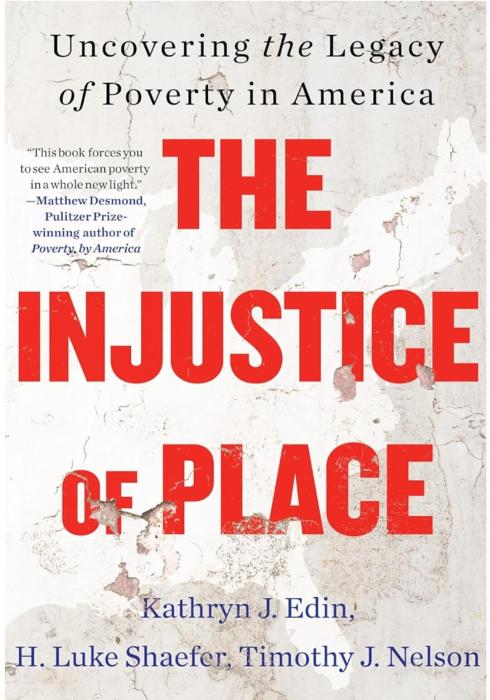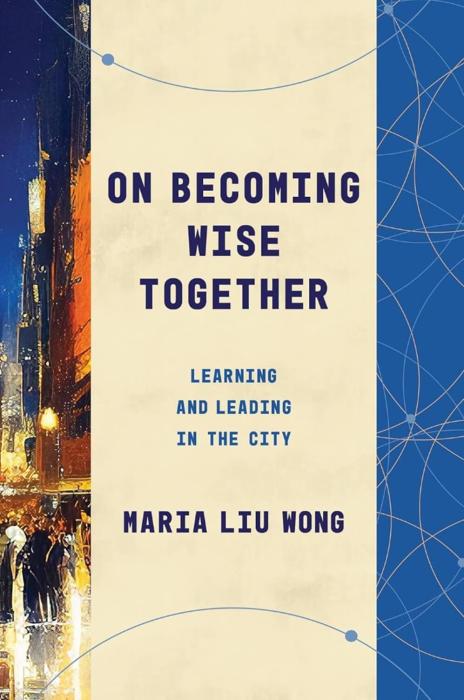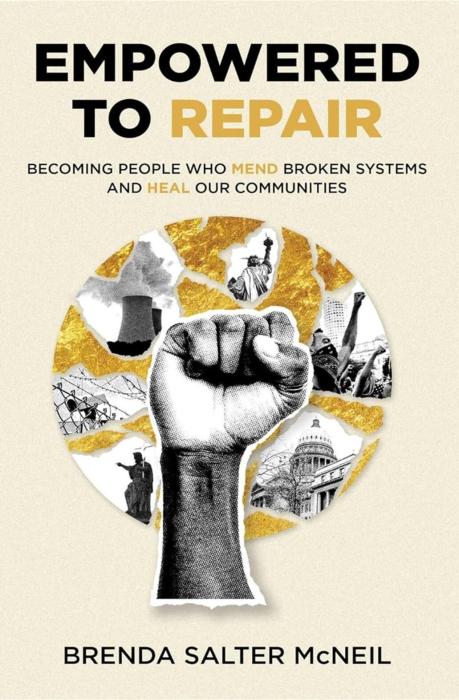Reading as one way of nurturing both the head and heart is an ongoing process. There are, however, rhythms and cycles of our work and life that create the opportunity to concentrate some of our reading. Below is my current reading list. I hope you will pursue it and find one or more of these volumes useful if you have not already read them. Finally, I commend these words to you from John Wesley: “Whether you like it or not, read and pray daily. It is your life.” Enjoy! +Bishop Gregory V. Palmer
Bishop Palmer's Summer Reading List

The Injustice of Place - Three of the nation’s top scholars – known for tackling key mysteries about poverty in America – turn their attention from the country’s poorest people to its poorest places. Based on a fresh, data-driven approach, they discover that America’s most disadvantaged communities are not the big cities that get the most notice. Instead, nearly all are rural. Little if any attention has been paid to these places or to the people who make their lives there.
This revelation set in motion a five-year journey across Appalachia, the Cotton and Tobacco Belts of the Deep South, and South Texas. Immersing themselves in these communities, poring over centuries of local history, attending parades and festivals, the authors trace the legacies of the deepest poverty in America—including inequalities shaping people’s health, livelihoods, and upward social mobility for families. Wrung dry by powerful forces and corrupt government officials, the “internal colonies” in these regions were exploited for their resources and then left to collapse.
The unfolding revelation in The Injustice of Place is not about what sets these places apart, but about what they have in common—a history of raw, intensive resource extraction and human exploitation. This history and its reverberations demand a reckoning and a commitment to wage a new War on Poverty, with the unrelenting focus on our nation’s places of deepest need.

On Becoming Wise Together - Theological education is for whole communities, not just individuals.
Urban ministry reaches across the city’s socioeconomic, ethnic, generational, and faith boundaries. All should be able to gather at the table and find God’s peace. How can theological education in the city further this goal?
Maria Liu Wong addresses this question through the lens of her experience as a British-Chinese immigrant to Long Island, a missionary kid, a wife and mother, and the provost of City Seminary of New York. Using autoethnographic methodology, Liu Wong presents anecdotes and images from her life, with which she thinks broadly about how theological education functions in the city, both formally and informally. What she finds is that theological education is less about individuals accruing knowledge and more about communities growing in wisdom together—as a family, as friends, as colleagues, as coleaders. In these pages, seminary and university professors will find ways to learn with and from not just individual students, but the communities they comprise. Pastors and ministry leaders will find inspiration and encouragement in the ways our lives form our faith and future in the city.

Empowered to Repair - Political and cultural wars are tearing communities apart. Issues such as immigration, racism, and guns are driving wedges between people and hampering Christians' impact in the world.
In Empowered to Repair, Brenda Salter McNeil looks to the biblical story of Nehemiah for answers. There, she finds an action-based model for repairing and rebuilding our communities and transforming broken systems.
McNeil goes beyond theories, offering practical tools Christians need for organizing, empowering, and activating people to join in God's work of equality, reparations, and justice. She provides strategies to drive systemic changes that go beyond superficial diversity and teaches the skills needed to engage in this important work long-term, such as organizing people, leveraging resources, and avoiding burnout through rest, prayer, and self-care.
Learning from Nehemiah, readers will be emboldened to go out and help build congregations, organizations, and communities where all people can flourish and reach their full, God-given potential.